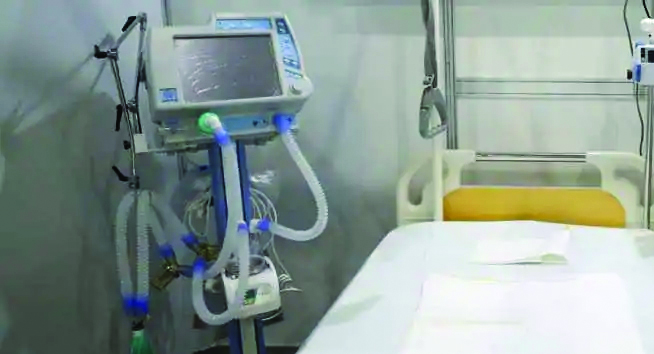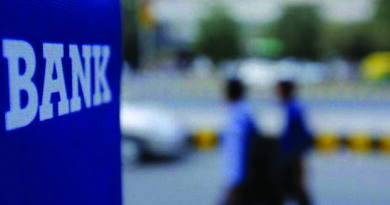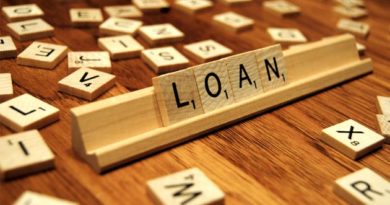Banks fear another wave of defaults as curbs begin due to COVID-19 second wave
Banks, bruised by the pandemic in 2020, are bracing for more pain as the second wave of the COVID-19 pandemic threatens to raise loan default rates and worsen asset quality. Bankers fear the lockdown-like curbs, including curfews, travel restrictions and mall shutdowns, are likely to hurt borrowers, triggering a second wave of defaults. Without a repayment moratorium like the one announced by RBI in 2020, the defaults are likely to pinch banks harder.
The Centre’s reluctance to bear the Rs. 7,000 crore compound interest waiver bill will further burden banks. The apex court in March directed lenders to waive compound interest on loans for all borrowers between March and August. Lockdowns in Maharashtra are likely to hit banks as nearly a quarter of all bank loans have been made to individuals and businesses in the state. As on 31 March 2020, India’s most industrialized state accounted for 24% of loans from commercial banks.
Rating agency Fitch revealed more than 80% of new infections are in 6 prominent states that account for roughly 45% of banking sector loans. The operating environment for banks will most likely remain challenging and the second wave could dent the sluggish recovery in consumer and corporate confidence, and further suppress banks’ prospects for new business.
Fitch said, “There are also asset quality concerns as banks’ financial results are yet to fully factor in the first wave’s impact and the stringent 2020 lockdown due to the forbearances in place.”
India’s bad loan problems are likely to worsen, with the existing Rs. 7.38 trillion stockpile set to expand in the coming months. Rating agency ICRA estimates 9.6-9.7% of bank loans would have turned bad in FY21.
The second wave also puts bankers at risk. Data from the Indian Banks’ Association showed that around 600 bank staffs died during the pandemic.



